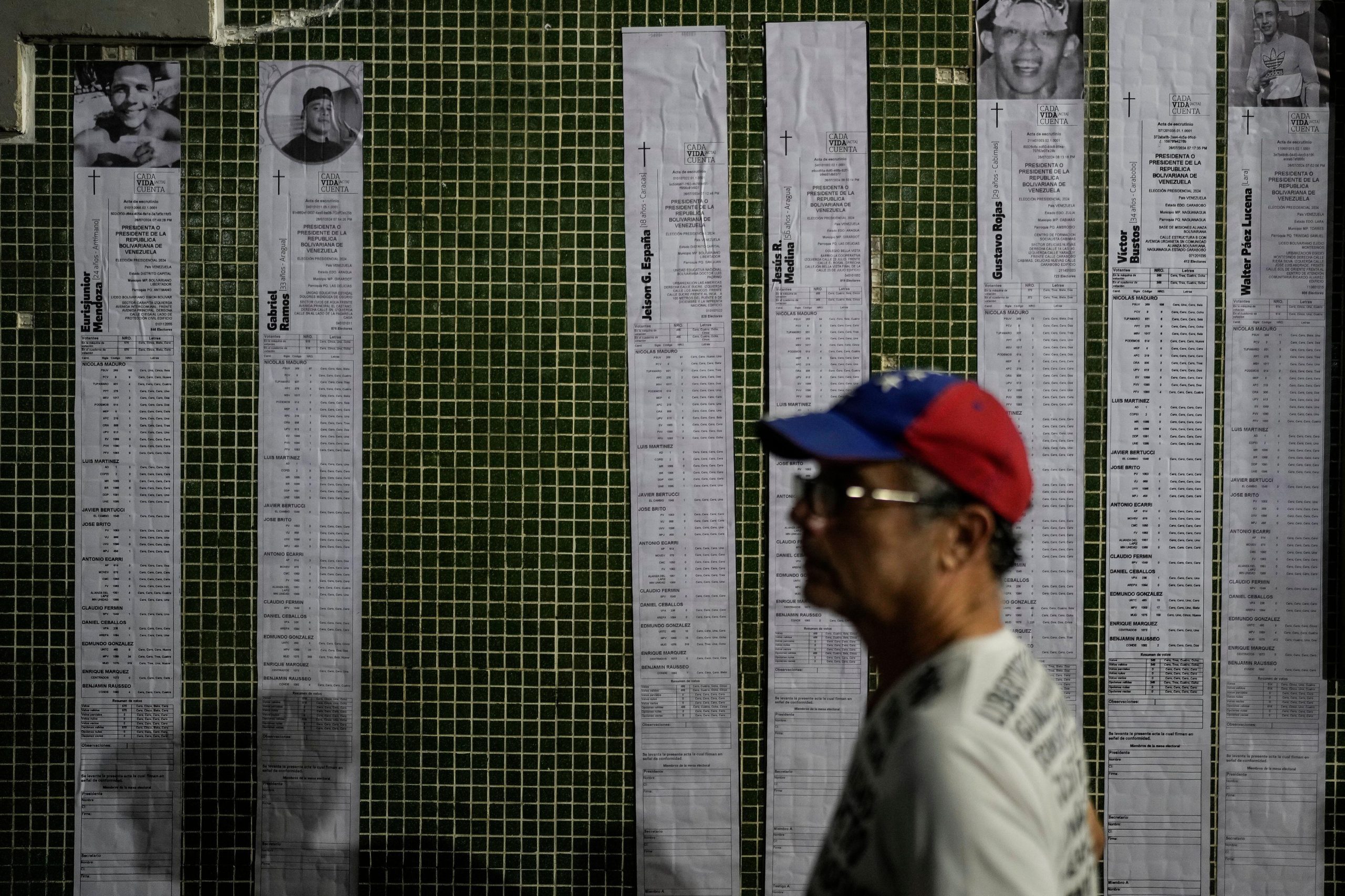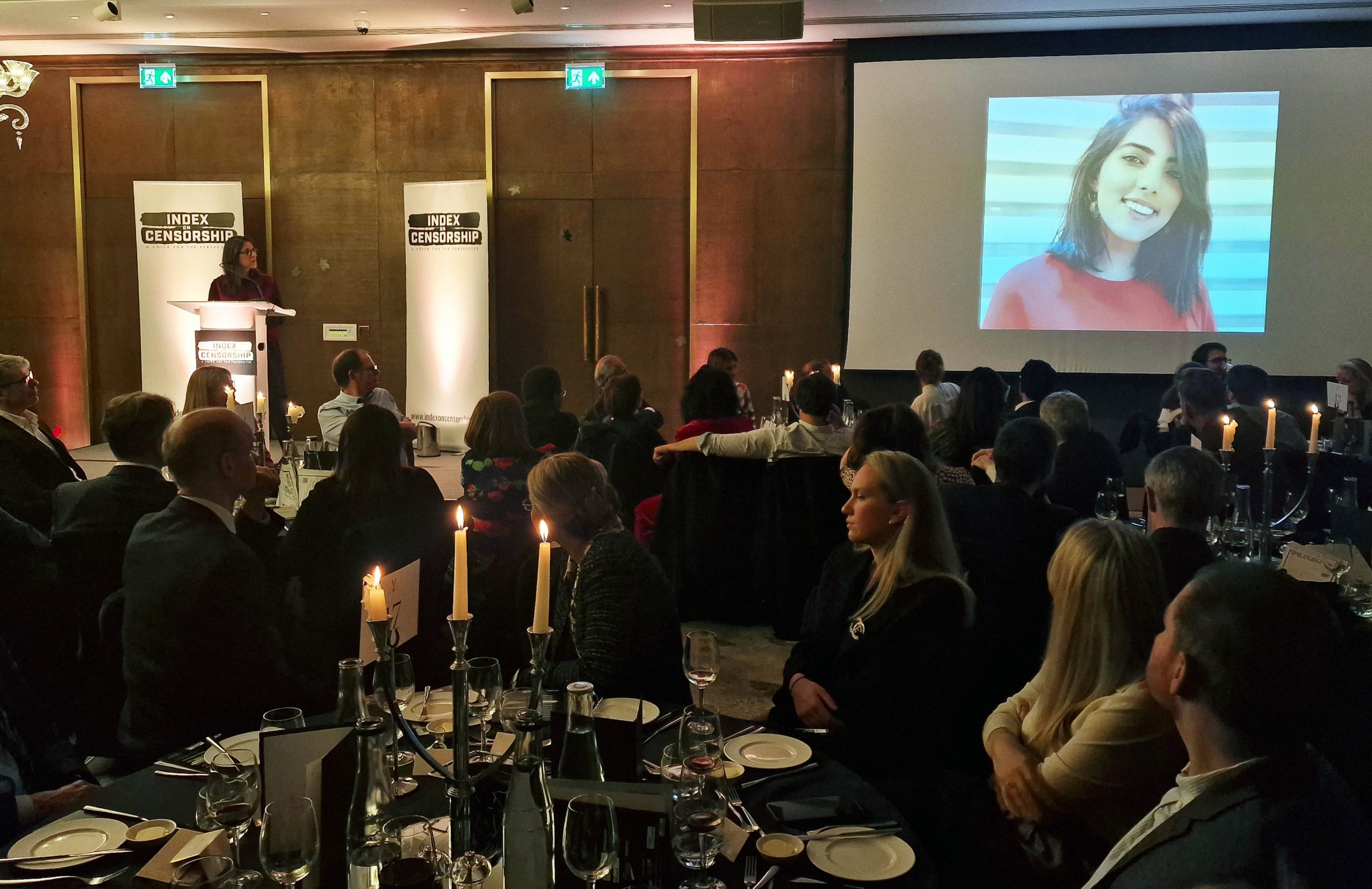BBC reporter Alan Johnston was kidnapped in March, and suddenly press freedom, in the most literal sense, has become a talking point.
Websites and blogs all over the world carry badges calling for his release. Last week, BBC colleagues held a vigil, while an image of Johnston was projected on to the wall of Television Centre.
Johnston’s may be the big story this year, but it’s by no means the only one: indeed, surveys of freedom of the press have discovered a depressing trend as more and more people are now living under regimes where journalistic freedom is either unprotected, or actively attacked, by government.
In Russia, investigative journalist Anna Politkovskaya was murdered, apparently for digging too deep in to the government’s dirty war in Chechnya.
In the Philippines, six journalists were killed last year, and police have done little to stop the wave of threats and harassment media workers face. Environmental journalist Joey Estriber was kidnapped in March, like Alan Johnston. To date, the police have failed even to mount a search for him.
In Zimbabwe, cameraman Edward Chikomba was abducted and murdered, apparently because he had filmed the violent conduct of the security forces during anti-government protests.
In Turkey, the resurgence of the nationalist, statist right has created an atmosphere where journalists and authors fear to voice their opinions. Nobel Laureate Orhan Pamuk has left the country: Agos editor Hrant Dink decided to stay, and was assassinated on 19 January.
The list goes on. And it’s getting longer.
Meanwhile, the hope for freedom offered by the World Wide Web seems to be lost.
Only a few years ago, we convinced ourselves that the web was the wild frontier, an ungoverned new world where everyone with access to a computer could write their own news, challenge official lines, and generally push ever harder at the barriers of censorship.
So what happened?
It seems increasingly obvious that that breach in the fence was only temporary. Throughout the world, the enforcers have caught up with the bloggers. We imagined the Internet to be beyond the reach of the censors. We were wrong. As George Orwell wrote in 1943, “The fallacy is to believe that under a dictatorial government you can be free inside. Quite a number of people console themselves with this thought, now that totalitarianism in one form or another is visibly on the up-grade in every part of the world. Out in the street the loudspeakers bellow, the flags flutter from the rooftops, the police with their tommy-guns prowl to and fro, the face of the Leader, four feet wide, glares from every hoarding; but up in the attics the secret enemies of the regime can record their thoughts in perfect freedom — that is the idea, more or less.”
We now realise that this is just as true of the Internet user in 2007 as it was of the dissident diarist in 1943. In Egypt, blogger Abdel Kareem Nabil Soliman was jailed for criticizing his country and Islam on his blog. Other Egyptian bloggers have quit, after harassment from security forces. Meanwhile, Iran and China both exercise extensive and ever-widening Internet censorship, with the help of companies such as Google. The Iranian government’s paranoia about the World Wide Web has now stretched to the point where mms messages may be screened, lest they be used for blogging. The Internet once offered the promise of a new ‘citizen journalism’ unburdened by commercial or institutional pressure. But now it increasingly finds itself under the insidious hand of the state censor.
Sadly, as the 21st century progresses, journalists all over the world find themselves struggling to carry out the very basics of their jobs without fear.
The prognosis is grim. Commenting on Freedom House’s Global Press Freedom Report, Executive Director Jennifer Windsor said: “The fact that press freedom is in retreat is a deeply troubling sign that democracy itself will come under further assault.” This is why, on World Press Freedom Day, we must shout ever louder for those who have been silenced.




